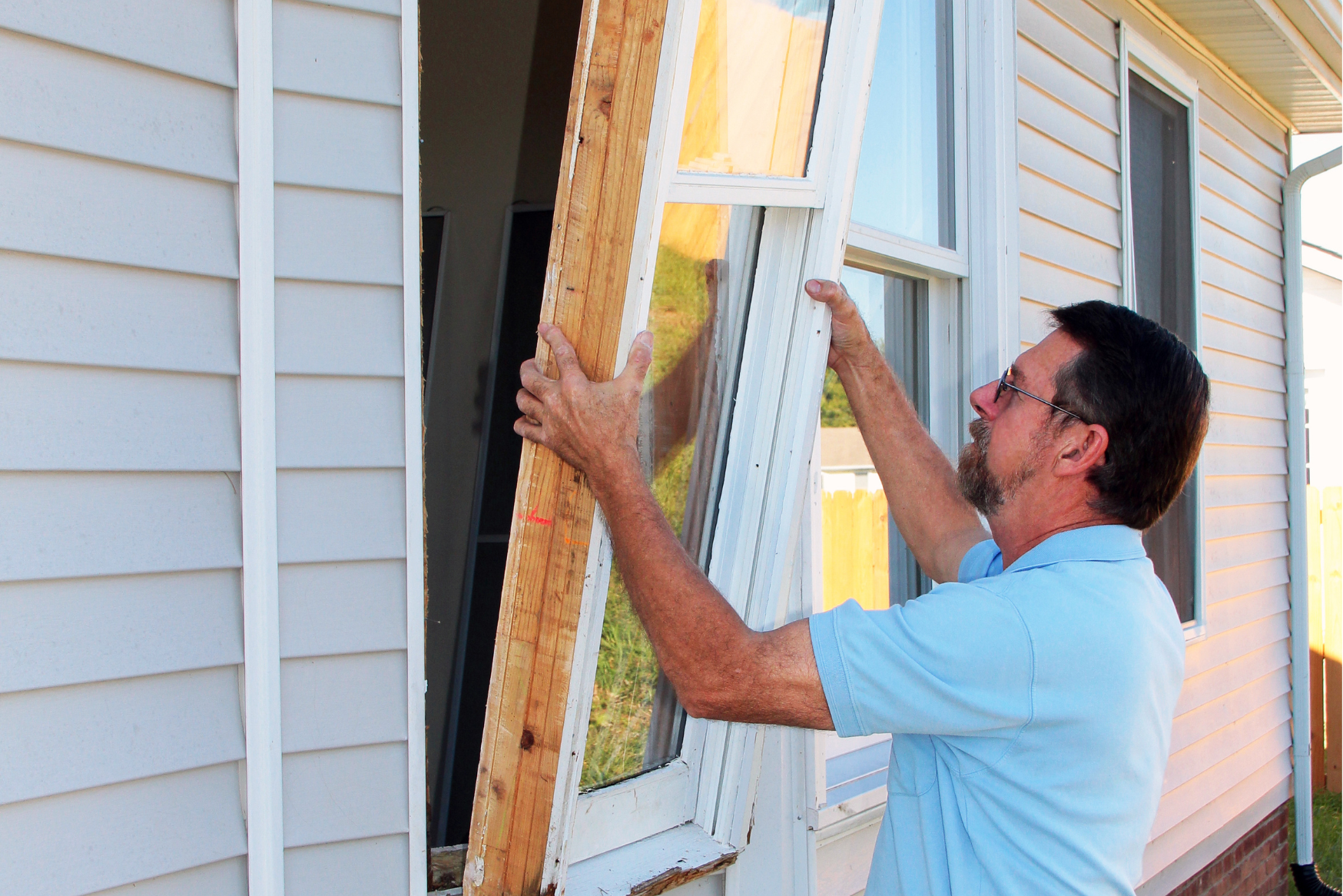
Flexibility in Ministry
Have you ever had your plans unexpectedly rearranged? That’s exactly what happened during my visit to a refugee family.
After greeting each other and saying hello to the family, I was led into the living room where one of the windows was shattered. The curtains billowed as the cold wind rushed through the open space.
“Well, the children were playing, and the ball you gave them went through the window!” the father explained.
What—the ball I gave them? Was this somehow my fault?
He showed me the broken window and asked, “Can you help us? It is starting to turn cold. Where do you buy glass, and how do you fix it?”
I laughed and agreed to help. Thankfully, I always carry a toolbox in my car. Together, we carefully removed the remaining shards of glass, measured the frame, and went to the hardware store to find a replacement. Fixing it was a bit of a challenge since it was an older house, and the frame did not come off easily. But by the end of the day, we fixed the window, and the family’s home was ready for the cold winter months.
It wasn’t how I had planned to spend my visit, but it was exactly what was needed. Working with refugees and immigrants is like that—you have to be flexible and ready for anything! The window repair, along with the simple lunch they served me as a thank-you, gave me valuable time with this family. As we worked, I learned more about their lives, asked about their children, and had the opportunity to pray for them.
That is how you build relationships with Muslims—one step at a time. Stopping by to check in, helping with practical needs, and giving your time speaks volumes because most people don’t give them any time or attention. Do you have room in your schedule to respond to unexpected needs?
Making Room for the Unexpected
Another example comes to mind. A few months ago, I had just finished teaching an English class and had 30 minutes before I needed to head to the airport. I decided to visit a family who had recently arrived in the country. As I drove, I debated whether a short visit would be worth it or maybe skipping it would be better. But in the end, I followed God’s prompting to go.
When I arrived, it became apparent very quickly that the wife was quite ill and needed to go to the emergency room right away! That 30-minute visit turned into a 7-hour stay as I accompanied them through the long ER process of registration, exams, and tests.
I called someone else to cover my airport run and cleared my schedule to be with this family in their time of need. I know we can’t always fit sudden changes into our schedules. But, through this visit, my relationship with this family suddenly went much deeper than it was before. I have been able to pray and share more with this family than I had been able to previously.
Whenever possible, I encourage you to leave some room in your calendar to help you adapt to sudden changes. God can use the unexpected to open doors to people’s lives.
Planning for Ramadan
Ramadan, the Muslim month of Fasting, starts around March 1st. There are several resources to help Christians and churches pray for the Muslim world during this time. I would encourage you to connect with some or all of them. Please share these resources with your church and consider hosting a special prayer time.
- Ramadan 30-Day Prayer Guide booklet: Available as a hard copy or PDF.
- Prayercast: A wonderful resource website with many videos on the Muslim world. If you sign up, you can receive daily prayer videos, which work well in Sunday services to help raise awareness of the need for prayer for the Muslim world.
Additional Posts




